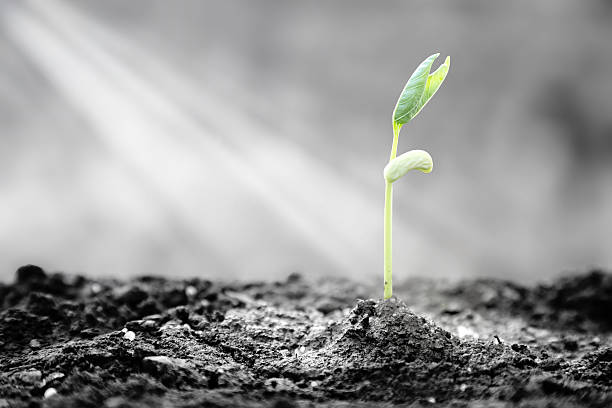
22 Jun2018

share



Whether measured as a trait or a sate, hope is related to positive outcomes. In one study, researchers looked at the impact of hope on college academic achievement over the course of 6 years. Hope was related to a higher GPA 6 years later, even after taking into account the original GPA and ACT entrance examination scores of the participants. High hope students (relative to low hope students) were also more likely to have graduated and were less likely to be dismissed from school due to bad grades.
In more recent research, Liz Day and her colleagues found that hope was related to academic achievement above and beyond IQ, divergent thinking (the ability to generate a lot of ideas), and Conscientiousness. In that study, trait was measured as a trait. Interestingly, Rebecca Görres at University College Utrecht found that situational hope, but not dispositional hope, was related to divergent thinking. In her study, participants who were instructed to think hopefully were better at making remote associations, generated a higher quantity of ideas, and added more details to their ideas, compared to those who weren’t instructed to think hopefully.
“It seems that performance can be enhanced in the short term by reminding people that they have the motivation and the means to pursue a goal. This “situational hope” could potentially be useful in the future as a means of short-term intervention to enhance performance. By reminding people before tests or situations in which performance and achievement are required that they have the will and the ways to do well, possible potential can be better utilized.”
Athletes had higher levels of hope than non-athletes. Hope also predicted semester GPA over overall GPA and overall self-worth. Among female cross-country athletes in particular, the state of having hope predicted athletic outcomes beyond training, self-esteem, confidence, and mood.
Hope can be distinguished from other psychological vehicles, such as self-efficacy and optimism. Self-efficacy refers to your belief that you can master a domain. Optimism refers to a general expectation that it’ll all just ‘be alright’. Hope, self-efficacy, and optimism are all incredibly important expectancies and contribute to the attainment of goals. Even though they all involve expectations about the future, they are subtly, and importantly, different from each other. People with self-efficacy expect that they will master a domain. Optimism involves a positive expectancy for future outcomes without regard for one’s personal control over the outcome. In contrast to both self-efficacy and optimism, people with hope have both the will and the pathways and strategies necessary to achieve their goals.
To read the full article go to Psychology today